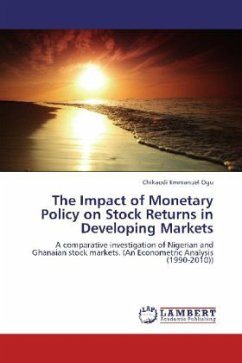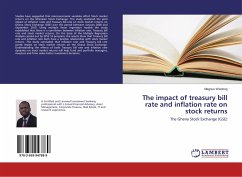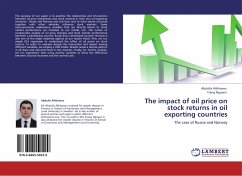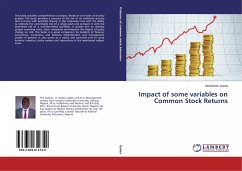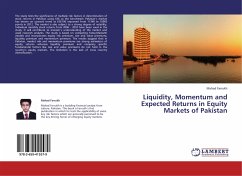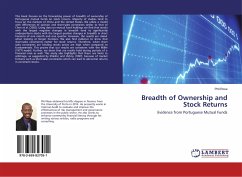The global economic meltdown which affected the stock markets all over the world also had an adverse effect in less developing countries stock markets. As a result of the meltdown, investors lost confidence in the stock market. Monetary authorities in developing markets has tried in several ways to restore investor s confidence and hence one of the major tools that government uses to achieve macroeconomic objective is monetary policy. There became a need to investigate how monetary policy changes affect stock market returns in developing markets. This paper is based on comparative study of Nigeria and Ghanaian stock markets in other to ascertain how monetary policy targets namely Interest rate; Money supply (m2) affects stock market returns. We conducted a simple regression analysis test based on annual 20 year data (1990-2009). The result shows that monetary policy has more impact on stock market returns in Ghanaian economy than the Nigerian economy, and as such could act as a market signal for investors in the Ghanaian stock exchange market, while the Nigerian stock exchange market is insensitive to monetary policy changes, as such could not act as market signal for investors
Bitte wählen Sie Ihr Anliegen aus.
Rechnungen
Retourenschein anfordern
Bestellstatus
Storno

